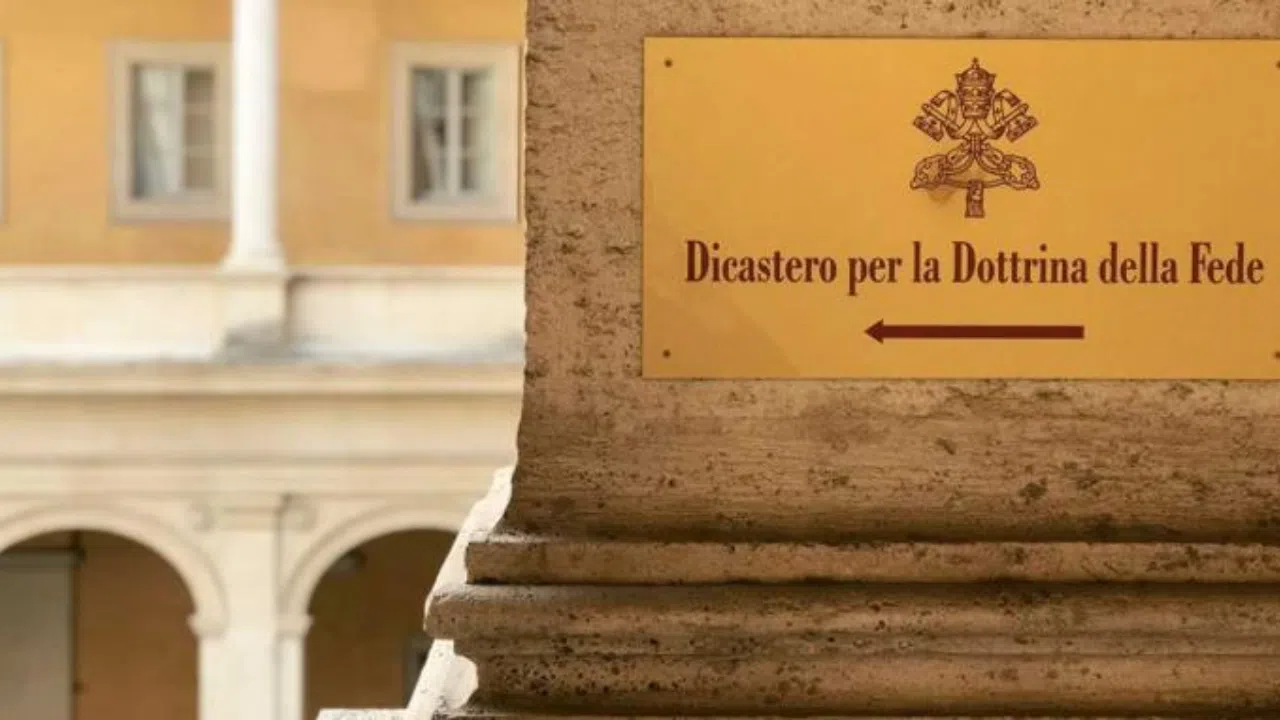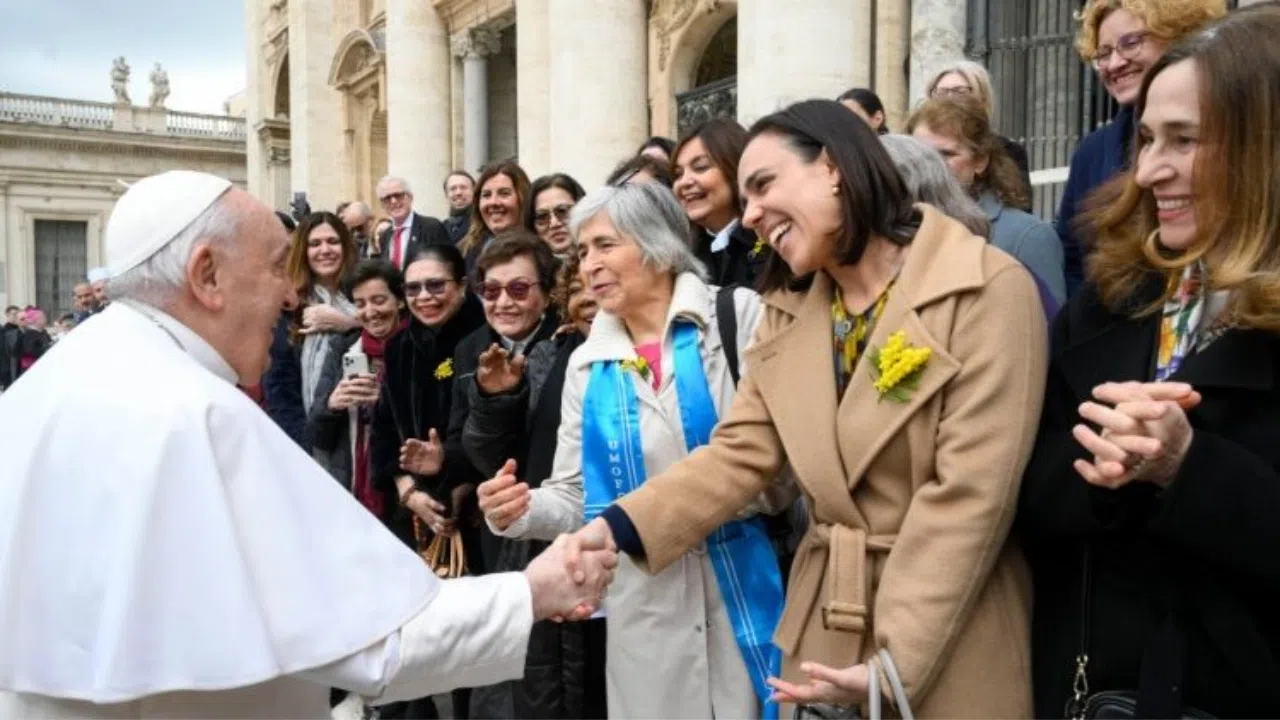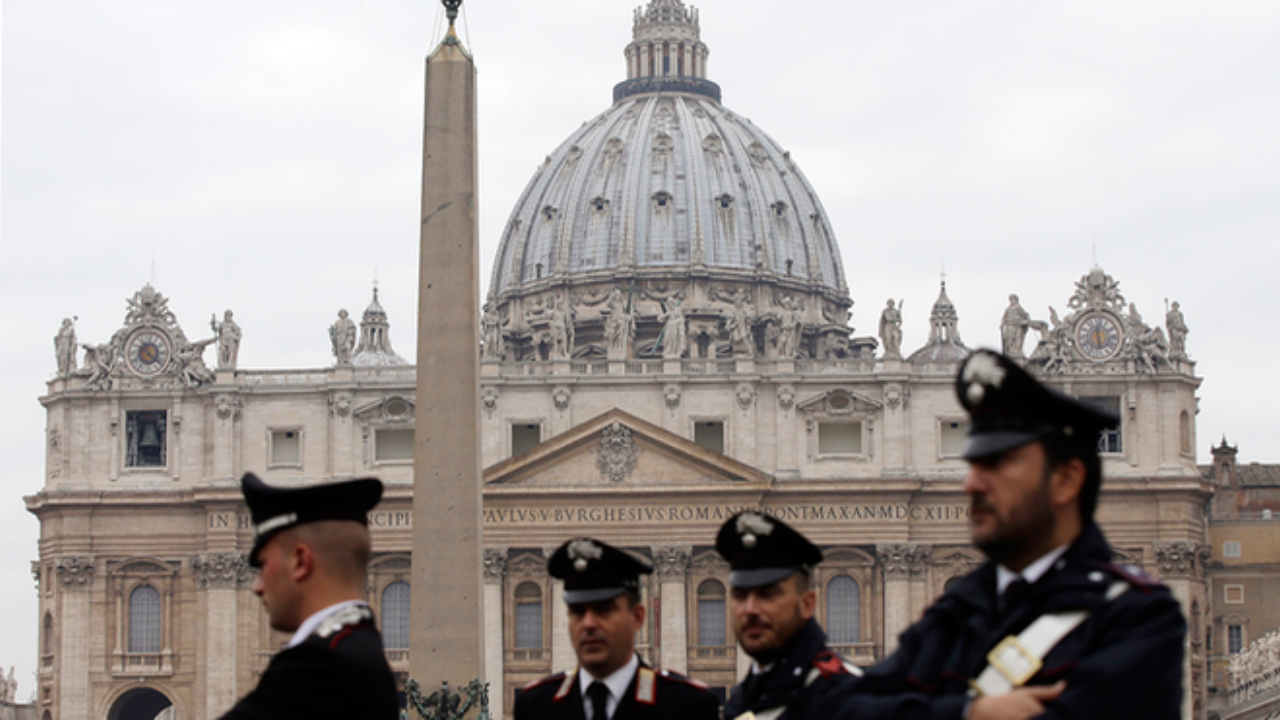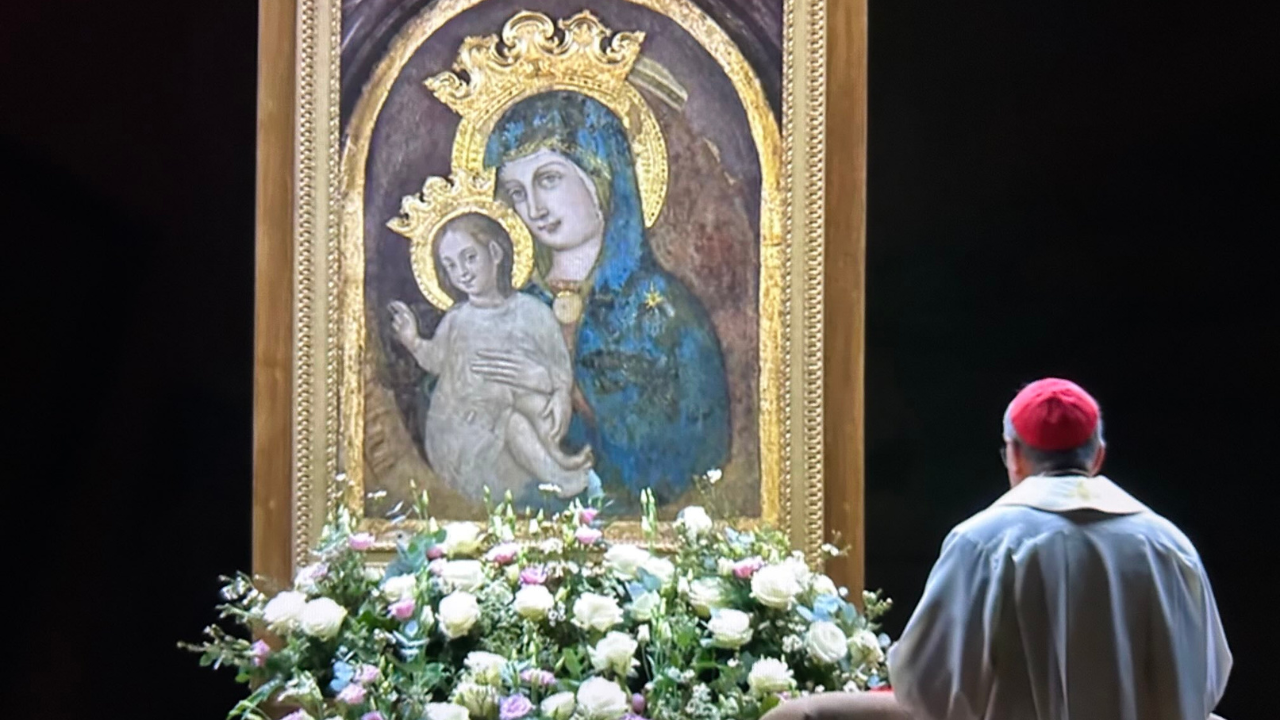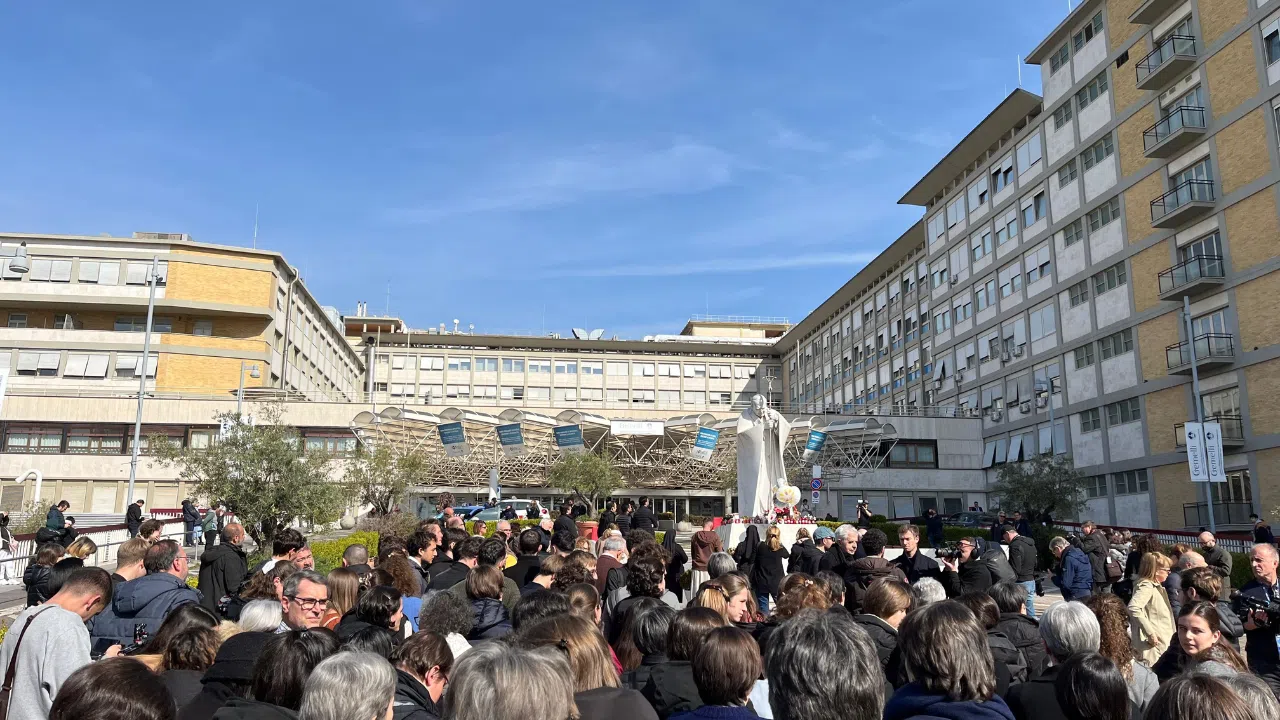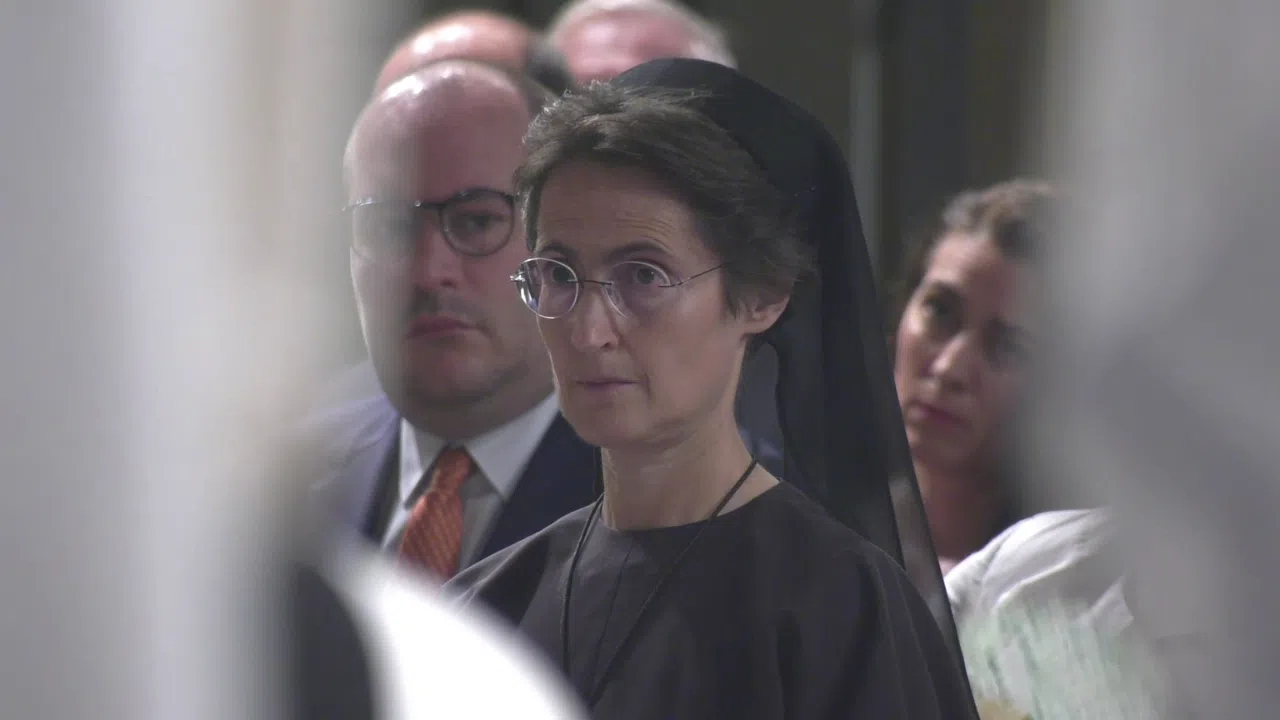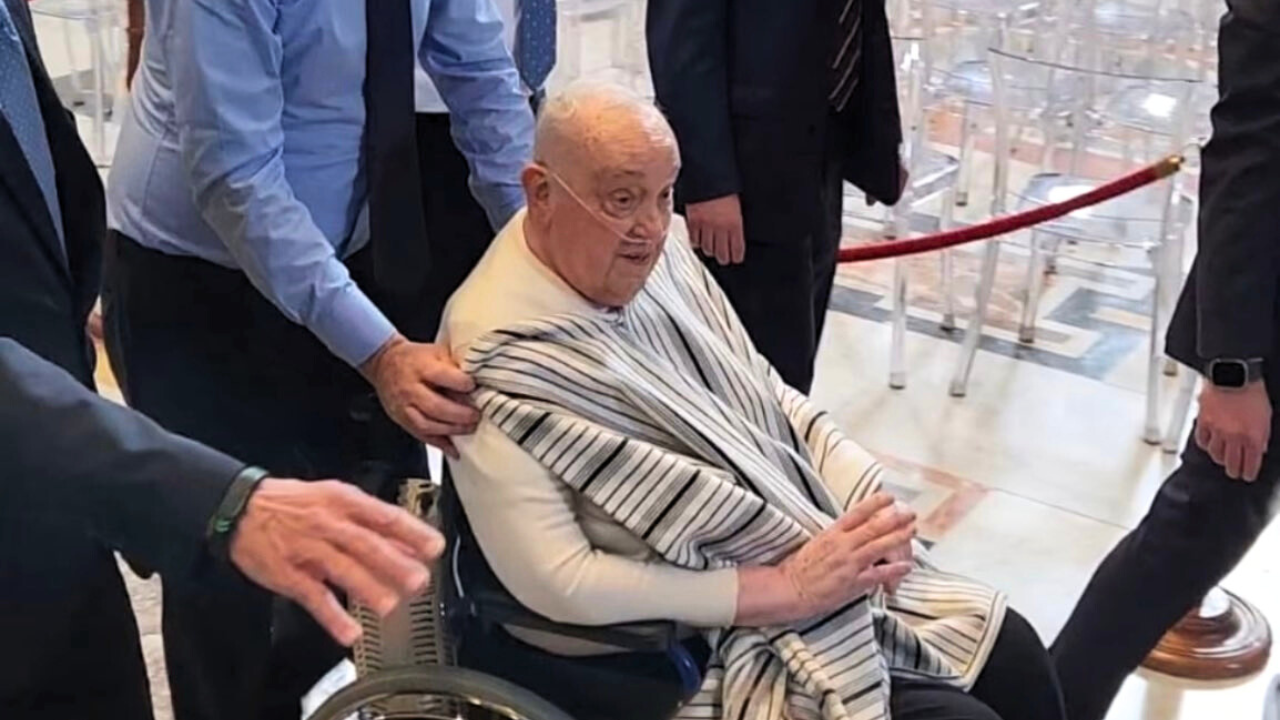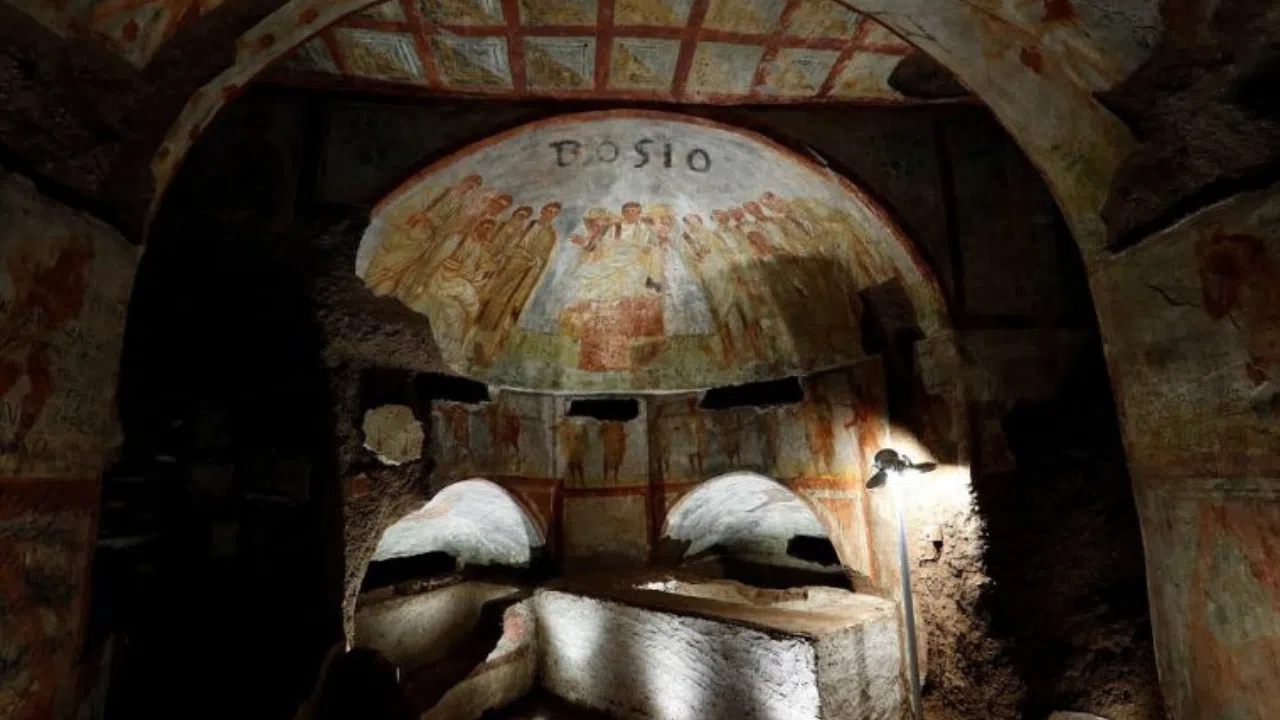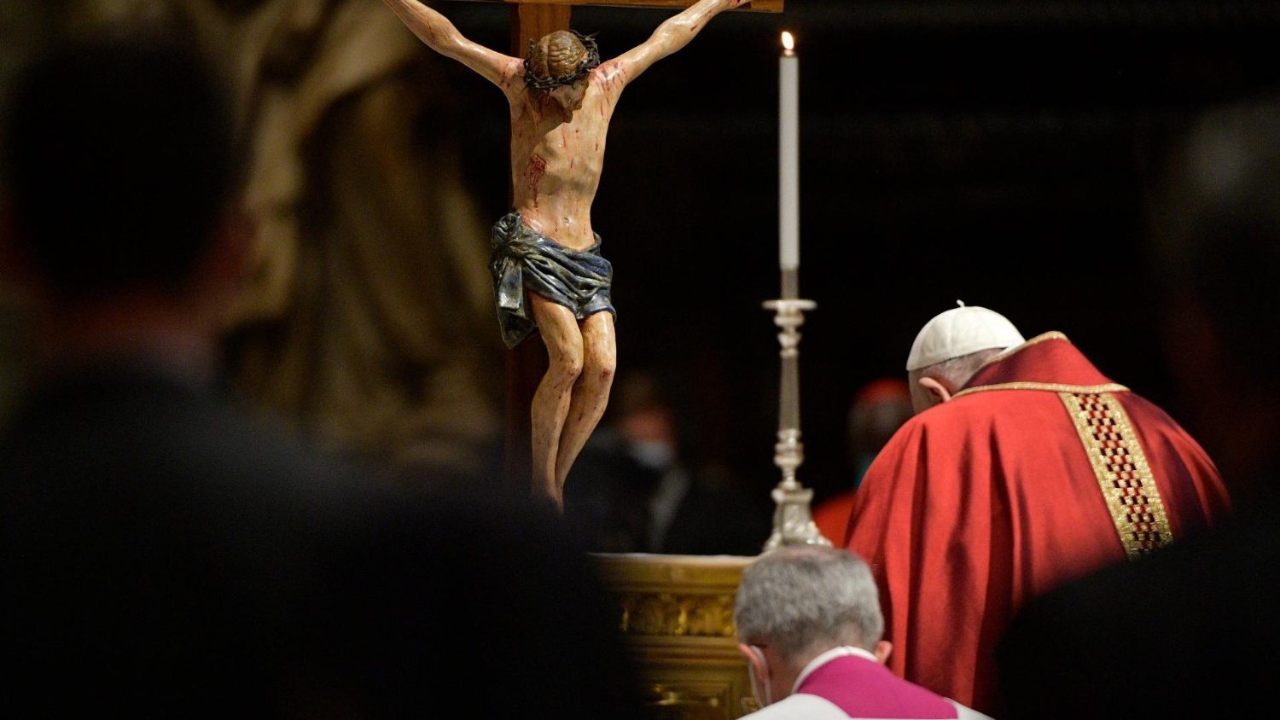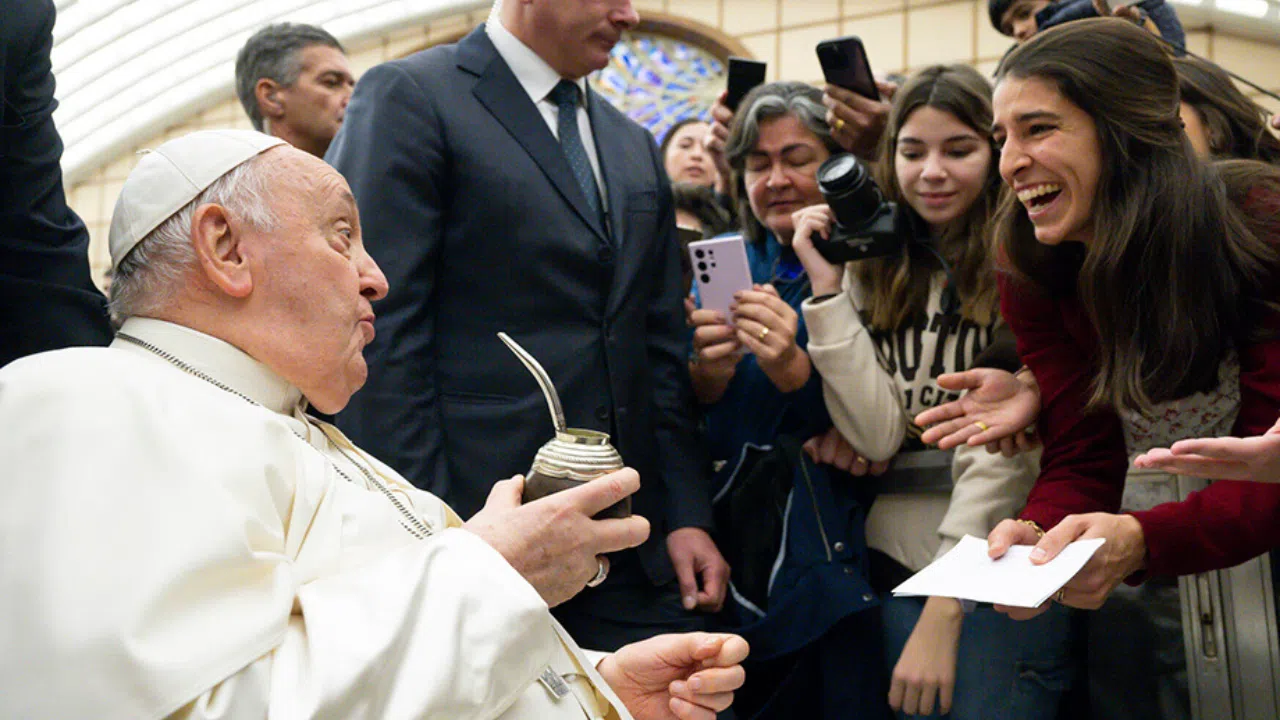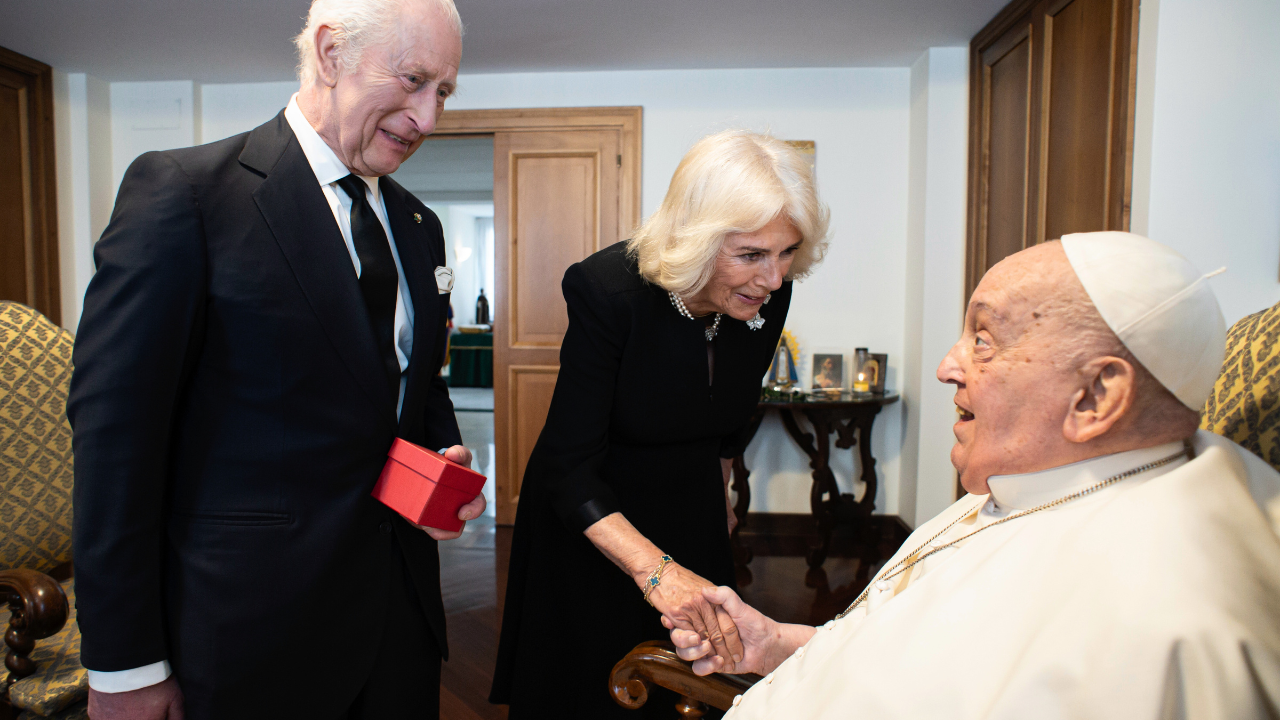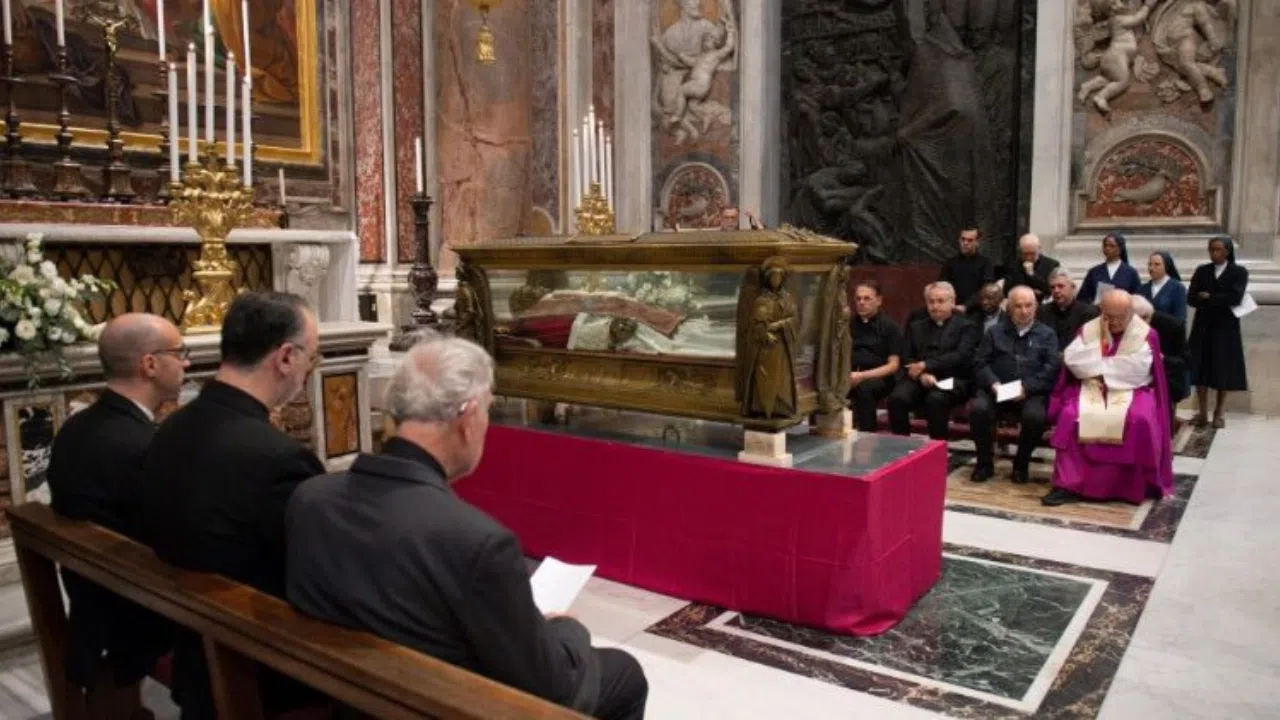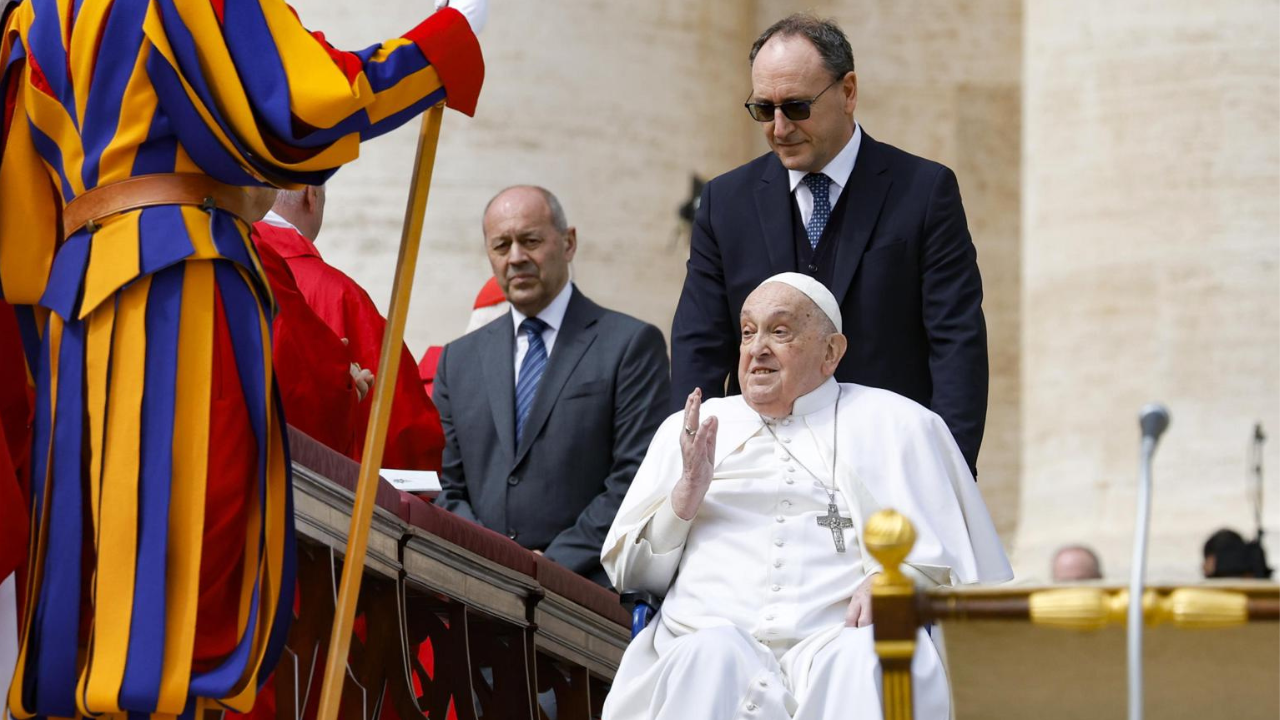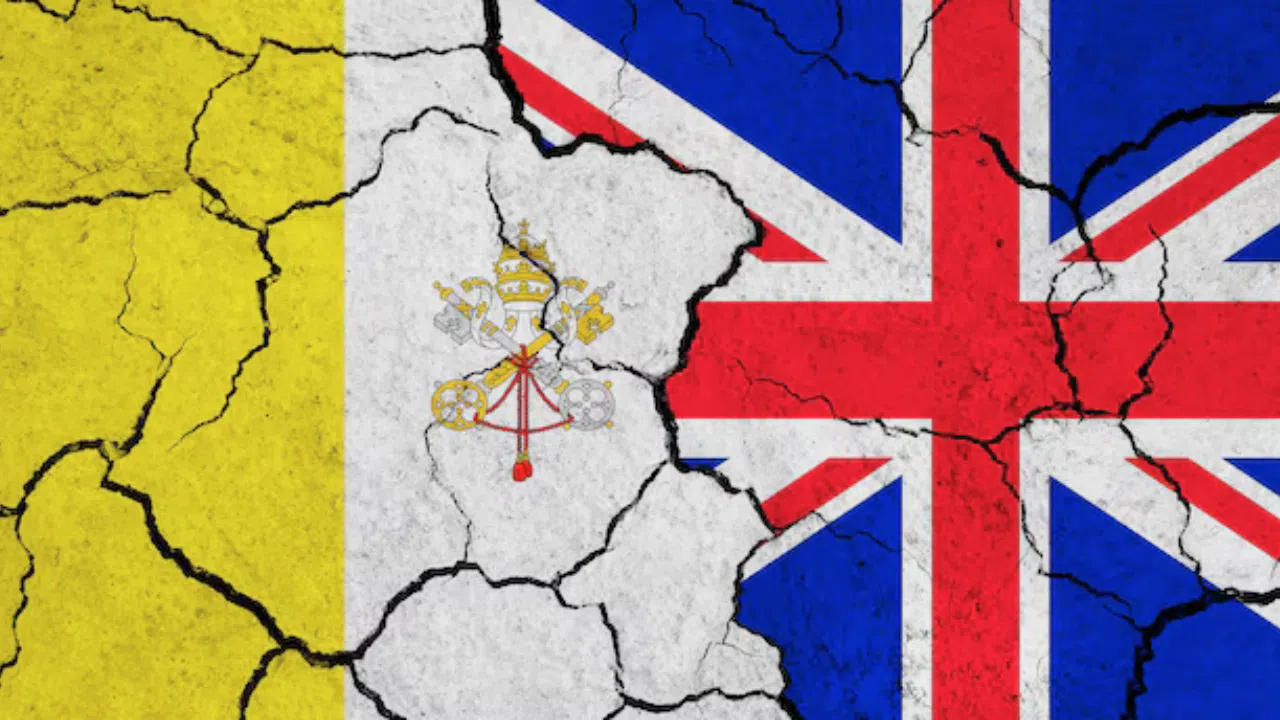For the month of March, Pope Francis has asked for prayers for Christian unity in China.
The prayer request comes nearly one and a half years after the Vatican signed a “Provisional Agreement” with China on a procedure for appointing Catholic bishops in Beijing.
POPE FRANCIS
Sept. 26, 2018
“With this, I hope that in China it is possible to open a new phase, which helps heal past wounds, re-establish and maintain full communion of all Chinese Catholics, and to assume with renewed commitment the announcement of the Gospel.”
Since then, this agreement hasn't given the Vatican much legroom. After the agreement, only a handful of bishops have been named by the Holy See. Yet, in 2018, for the first time, two Chinese bishops attended the Synod of Bishops at the Vatican.
Not everyone agrees on the Vatican's approach with Communist China. Cardinal Joseph Zen, retired bishop of Hong Kong, has spoken out against the 2018 agreement on numerous occasions.
Letters have been exchanged between him and Cardinal Giovanni Battista Re, who instead agrees with the Vatican.
The most recent letter was a response by Cardinal Zen on March 1, 2020. He states Pope Francis was “manipulated” on the China deal.
An area he criticizes is clergy registration with the Chinese State, which the Vatican denounced in June 2019. Francesco Sisci, an Italian journalist in China explains how the registration affects bishops.
FRANCESCO SISCI
Chinese correspondent
“The Chinese law requires everyone faithful to one religion to register on the official list. There are two aspects of this. One is the inscription of the faithful, which is practically not applied. Then, there is inscription of the bishops. Today, almost all bishops are also written and registered with the Chinese Catholic Patriotic Association, which is the official organization, through which the government controls the activities of the bishops.”
Some bishops don't register in the civil registry, and neither Rome nor China puts intense pressure on them to do so.
Yet, on Feb. 1, 2020, China implemented a law forcing religious groups to support and “spread the principles and policies of the Chinese Communist Party.”
FRANCESCO SISCI
Chinese correspondent
“What interests the Chinese government is that these religions don't work against as anti-governmental organizations. It could be a step forward since the Chinese Catholic Patriotic Association in the past contrasted with various religious organizations. Now the State is directly intervening, instead of going back to how it was before.”
All these moves have only encouraged Pope Francis' efforts for dialogue. He approved a Feb. 14, 2020 meeting between the Chinese and Vatican foreign ministers in Munich.
A Vatican press release said the two discussed “institutional dialogue on a bilateral level to promote the life of the Catholic Church and the good of the Chinese people.”
Thus Pope Francis is not only pushing for more dialogue like this, but unity among all Catholics in regards to the Catholic Church in China, which makes up about 1 percent of the Chinese population.
Melissa Butz


